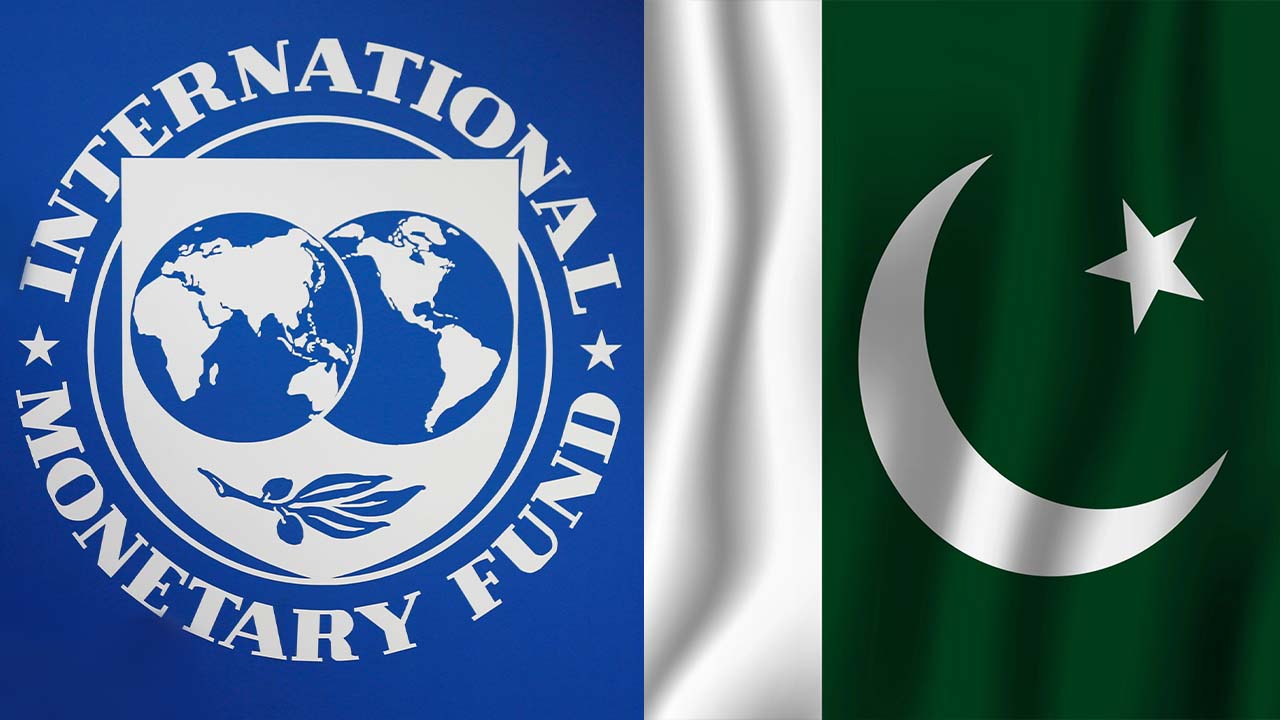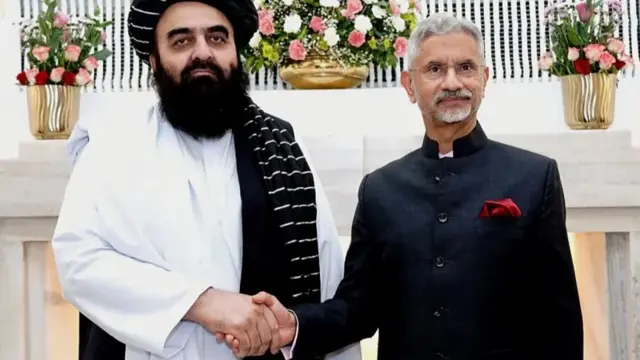The Cold War, spanning from 1947 to 1991, was a time when global superpowers clashed with terrifying weaponry—Intercontinental Ballistic Missiles (ICBMs), nuclear submarines, and strategic bombers. Weapons like the Soviet R-7 Semyorka and the American Minuteman missiles, nuclear-powered submarines like the USS George Washington and the Soviet Typhoon-class, and bombers such as the Boeing B-52 Stratofortress and the Tupolev Tu-95 ‘Bear’ were the symbols of power. These weapons were used not in direct conflict but in a standoff, a constant threat of annihilation that shaped the global order for nearly half a century.
Now, fast forward to 2025, and the world faces a new, silent cold war. This new war isn’t fought with nuclear missiles or bombers, but with the virtual, invisible force of digital finance. At the heart of this new cold war is Bitcoin—the decentralized cryptocurrency that is challenging traditional financial systems and disrupting the global balance of power. Unlike the conventional cold war, the weapons of this new battle are not physical but digital. The battlefield extends beyond traditional warfare and military dominance. Instead, it’s about who can control the Bitcoin blockchain, the mining power, and the emerging digital economy.
In this new cold war, traditional strategies of mass mobilization, logistics, and rapid deployment of forces are irrelevant. The new struggle is about access to decentralized financial systems and the ability to control digital currencies. Nations, rather than relying on military might, are now vying to dominate the cryptocurrency space, hoping to secure economic dominance in an increasingly digital world. As countries such as the United States, Russia, and China are already mobilizing their forces in the digital domain, Pakistan faces a growing vulnerability that could leave it exposed to economic instability and marginalization on the global stage.
Bitcoin operates like a guerrilla force on the financial battleground—a defiant insurgency against the centralized control of money and finance. Governments around the world, especially those in power for decades, view Bitcoin as both an asset and a threat. On one hand, it’s a way to challenge their hold over monetary policy and global trade, and on the other, it’s an unpredictable force that can undermine their economic control. Leaders like Donald Trump are mobilizing to make the United States the “crypto capital of the planet,” with plans to dominate this new frontier much like securing air superiority during the Cold War. On the other hand, Vladimir Putin has already recognized Bitcoin and digital currencies as unstoppable forces, and he’s likened their rise to a cyber-nuclear arms race, acknowledging that no nation can afford to ignore the digital economy. Meanwhile, China’s President Xi Jinping has already launched his digital weapon: the e-CNY, or digital renminbi, which represents China’s preemptive strike in this evolving financial conflict.
However, amidst this global digital battle, Pakistan remains dangerously unprepared. The State Bank of Pakistan (SBP) and the Securities and Exchange Commission of Pakistan (SECP) are currently outmatched and under-armed in the face of the new cold war. While nations like the United States, Russia, and China are already positioning themselves as dominant players in the emerging blockchain and cryptocurrency space, Pakistan’s financial institutions are falling behind. Without a strategic approach to cryptocurrencies and blockchain technology, Pakistan risks being left out of the global digital finance revolution.
The SBP and SECP’s inaction on this front leaves Pakistan vulnerable, like an unguarded flank on the battlefield, to significant economic and security risks. With the rise of digital currencies and blockchain technologies, Pakistan faces the potential for financial instability and the economic disruption that comes with being marginalized from this new financial order. The failure to establish a comprehensive regulatory framework for cryptocurrencies and blockchain technology represents a critical strategic gap in Pakistan’s financial defense strategy. If left unaddressed, this oversight could lead to Pakistan becoming a soft target in the new global digital battlefield, unable to protect its economic interests or tap into the transformative benefits of these technologies.
For Pakistan to secure its place in the new cold war, the SBP and SECP must urgently develop clear regulations around cryptocurrencies and blockchain technology. This includes tackling critical issues such as licensing, taxation, consumer protection, and anti-money laundering protocols. Pakistan’s financial regulators need to clearly define the legal status of cryptocurrencies—whether they are securities, commodities, or something entirely new. This lack of clarity is a major obstacle to the country’s financial growth and development in the digital age.
Pl subscribe to the YouTube channel of republicpolicy.com for quality content.
Moreover, Pakistan is missing out on the transformative economic benefits of blockchain technology, such as improved financial inclusion, greater transparency in financial transactions, and more efficient supply chain management. These benefits could not only enhance Pakistan’s economic growth but also help modernize sectors like agriculture, healthcare, and education, all of which could benefit immensely from blockchain solutions. However, without a proactive regulatory framework, Pakistan will continue to miss out on these opportunities and could find itself trailing behind in the global race for financial supremacy.
The risks of financial instability and economic marginalization are growing as the digital financial landscape evolves rapidly. As Bitcoin and other cryptocurrencies continue to gain prominence, nations that fail to embrace these technologies will find themselves at a severe disadvantage. For Pakistan, this lack of preparation could lead to a loss of economic sovereignty and a diminished role in the global financial system. The time for action is now.
To ensure that Pakistan does not become a bystander in the new cold war, the SBP and SECP must take immediate steps to develop and implement a comprehensive regulatory framework. This will not only safeguard Pakistan’s financial stability but also position the country as a leader in the emerging digital finance sector. Without this proactive approach, Pakistan risks being left behind in the rapidly changing global financial landscape, making it vulnerable to economic disruption and financial instability.
In conclusion, the new cold war is no longer about missiles and bombers; it is about the control of digital currencies and blockchain technologies. While nations like the United States, Russia, and China are already preparing for this new era, Pakistan’s financial regulators remain unprepared to tackle the challenges and opportunities presented by this digital revolution. If Pakistan is to secure its future in the global digital economy, it must act now—by developing a regulatory framework for cryptocurrencies, embracing blockchain technology, and ensuring its place at the forefront of the emerging digital financial world.















